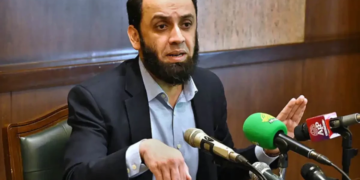Hiroshima Day marks the tragic anniversary of the atomic bombing of Hiroshima, Japan, by the United States during World War II in 1945. The bombing led to the deaths of tens of thousands of people, and its after-effects were long-lasting on the survivors and the city itself.
Hiroshima Day, annually observed on August 6, marks the tragic anniversary of the atomic bombing of Hiroshima, Japan, by the United States during World War II in 1945.
The day marks the atomic bombing of Hiroshima, Japan, on August 6, 1945, by the United States during World War II, the bombing, conducted by the B-29 bomber Enola Gay, nicknamed ‘Little Boy’, exploded approximately 600 meters above Hiroshima.
It killed approximately 70,000-80,000 people, with tens of thousands more succumbing to injuries, the city’s infrastructure destroyed, and survivors, known as Hibakusha, faced long-term health issues and severe psychological trauma.
On August 9, 1945, the U.S. dropped a second atomic bomb, ‘Fat Man’, on Nagasaki. This event marked the first use of nuclear weapons in warfare and led to Japan’s surrender on August 15, 1945, ending World War II.
Hiroshima Day is marked by ceremonies to remember the victims and promote peace and nuclear disarmament, serving as a educational opportunity to raise awareness about the devastating results of nuclear warfare.
In 2024, Hiroshima Day will be highlighting their focus on: ‘Together with the Hibakusha, let us achieve a nuclear weapon-free, peaceful, and just world for the future of humankind and our planet’.

















Comments